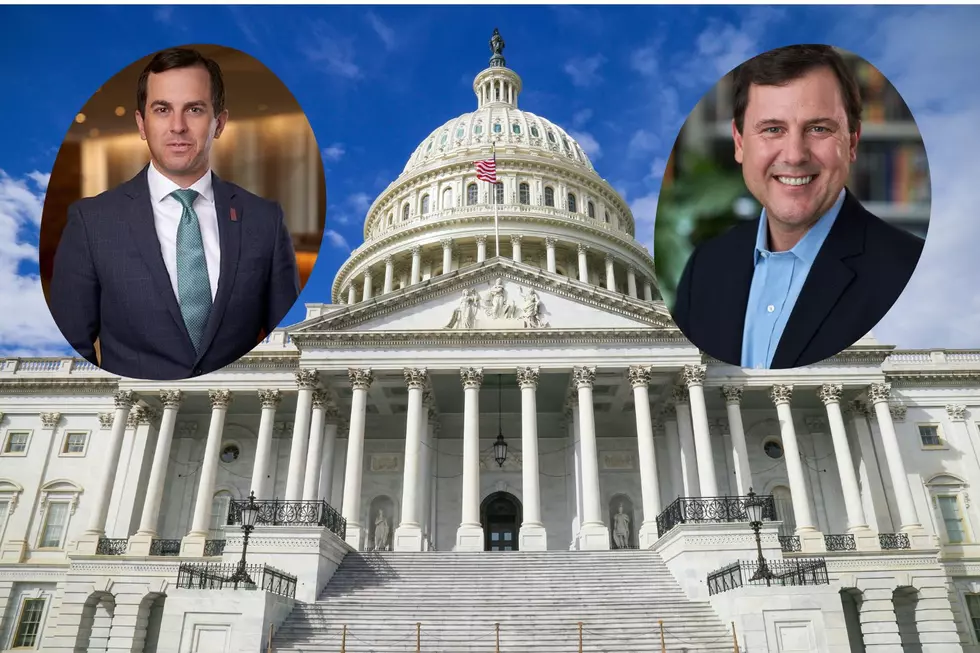
A plan to make college more affordable by updating state funding
TRENTON – A bipartisan plan now halfway through the Legislature could finally update the way New Jersey funds its public colleges, with a goal of making tuition more affordable.
The legislation, S1230/A3237, would establish a Higher Education Funding Formula Commission that would examine the funding formulas of other states, review the funding needs of New Jersey colleges and universities and develop a funding formula and recommendations, including legislation.
“New Jersey hasn’t updated its higher education funding formula since Rutgers became the state university, and so it’s very unpredictable year in and year out,” said Senate Minority Leader Tom Kean Jr., R-Union. “It’s about time we look at not only colleges but law schools, other graduate schools, the medical schools that we now have in the state of New Jersey.”
“And having a predictable funding formula will make sure that there’s not a game at all being played from budget year to budget year,” Kean said.
Costs up 28% in a decade
According to data from the state Office of the Secretary of Higher Education, full time in-state tuition and fees at New Jersey’s public four-year institutions of higher education increased nearly 28% from 2009 to 2018.
In-state students paid an average tuition of $14,956 at New Jersey’s four-year public colleges this year, according to the National Center for Education Statistics. That’s around 40% higher than the national average as reported by the College Board.
“College is incredibly expensive for residents in New Jersey and those who want to go to college in New Jersey from out-of-state. And I believe that this will make colleges far more affordable,” Kean said. “And when you include things like graduate schools as well in the formula, I think it’s a coherent approach to making college far more affordable and far more transparent in the costs that do exist.”
State support near the bottom
Sen. Vin Gopal, D-Monmouth, who sponsors the bill with Kean, said predictable state funding would lessen the effect of student loan debt by ensuring colleges can rely more of state aid and less on tuition revenues.
“The commission’s recommendations will help our state colleges in a way that does not currently exist in New Jersey,” Gopal said. “A formula would support funding, and help our young minds focus more on their education and less on potential financial struggles.”
Kean and Gopal said 3.6% of New Jersey tax revenues are allocated to higher education, the seventh-lowest percentage among the 50 states.

The Senate passed the bill unanimously last month, but it faces an uncertain future in the Assembly when the Legislature returns after the election. The proposal has been pending since 2013 but hasn’t gotten a hearing in the lower house.
Kean said things may be different now, with people understanding “we need fresh approaches on a lot of things” after the pandemic. He points to the embrace of telehealth as an example
“When you’re looking at the higher education funding formula, people now say: OK, what can be done online? What can be done in person? What type of graduate programs should we have? If you’re looking at current colleges, why are certain colleges being funded at certain levels and others are not?” he said.
Michael Symons is State House bureau chief for New Jersey 101.5. Contact him at michael.symons@townsquaremedia.com.
Average SAT scores for every NJ high school
11 celebrities you forgot were from New Jersey
More From New Jersey 101.5 FM









